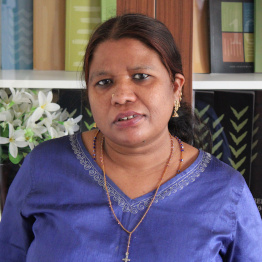At the 11th Ministerial Conference (MC 11) of the WTO in 2017, member countries engaged on eight issues related to agriculture. The issues were: (1) public stockholding for food security purposes, (2) domestic support, (3) export restrictions, (4) export competition, (5) cotton, (6) market access, (7) special safeguard mechanism, and (8) sanitary and phytosanitary measures. The mandate at the Bali (2013) and Nairobi (2015) Ministerial Conferences included arriving at a permanent solution to the issue of public stockholding by 2017. This was thus a priority issue for the MC 11 in Buenos Aires. However, the possibility of finding a permanent solution to the issue of public stockholding for food security purposes failed, as talks at the MC 11 collapsed due to the divergent views of member countries as well as strong opposition by the US.
The rules of the game at the WTO are not in favour of developing countries as the provisions of the Agreement on Agriculture (AoA) are highly skewed towards developed countries. Binding commitments on many developing countries under the AoA severely limit efforts to eliminate hunger. Many developing countries lack the policy space to implement food security policies due to the constraints placed by the AoA, and hence insist on a permanent solution to the issue of public stockholding for food security purposes.
Several developing countries follow a food security policy backed by price support to safeguard the interests of farmers as well as the poor. For instance, the Food Corporation of India procures foodgrain (rice and wheat in particular) from farmers at a minimum support price and distributes it to consumers under the public distribution system. Similarly, the Indonesia Logistics Bureau (BULOG) in Indonesia, General Agency for the Supply of Commodities (GASC) in Egypt, Sinograin in China, National Cereals and Produce Board (NCPB) in Kenya, National Office of Cereals and Legumes (ONICL) in Morocco, Pakistan Agricultural Storage and Services Corporation Limited (PASSCO) in Pakistan, the Turkish Grain Board (TMO) in Turkey, and the Food Reserve Agency (FRA) in Zambia are responsible for procuring foodgrain at administered prices to safeguard the interests of consumers as well as farmers.
Procurement, public stockholding, and distribution of foodgrain are the three main components of food security policy in developing countries. Under the AoA, expenditure related to the distribution of foodgrain and public stockholding are permissible without limit under the Green Box. The procurement of foodgrain at administered prices, however, is covered under product specific support under the Amber Box. For most developing countries, the limit for product specific support is capped at 10 per cent of the value of production of the concerned product. This curtails the policy space that developing countries have to procure foodgrain at the administered price for food security purposes. On the other hand, many developed country members have immense flexibility under the existing rules of the AoA to provide support to the domestic agricultural sector, using trade-distorting measures (Table 1).
Table 1 Product Specific Support (PSS) as a proportion of Value of Production (VoP) in the US and the European Union (EU) in per cent
| USA | EU | ||||
| Year | Product | Share of PSS in VoP
(in per cent) |
Year | Product | Share of PSS in VoP
(in per cent) |
| 2005 | Corn | 20 | 2003 | Butter | 67 |
| 2001 | Cotton | 74 | 2009 | Barley | 34 |
| 2002 | Dairy | 30 | 2005 | Wheat | 16 |
| 2002 | Mohair | 141 | 2004 | Sugar | 120 |
| 2014 | Peanut | 16 | 2002 | Tobacco | 155 |
| 2001 | Rice | 82 | 2003 | Cotton | 139 |
| 2014 | Sesame | 57 | 2005 | Skim milk powder | 63 |
| 2014 | Sugar | 59 | 2006 | Sugar | 177 |
Source: Sharma and Das (2017).
At the MC 11, four proposals on food security were presented by (1) the EU-Brazil, (2) the G-33, (3) the Russian Federation and Paraguay, and (4) Norway and Singapore. The G-33 group had expected a permanent solution that would improve upon the provisions of the existing peace clause. It demanded
exemption of support from Amber Box given to farmers under the public stockholding programmes for the procurement of foodstuffs at the administered price by the developing country or LDC members with the objective of (1) supporting low income or resource poor producers or (2) meeting food security requirements of urban and rural poor, and of maintaining adequate availability of foodstuff and/or ensuring food price stability.
The G-33 also demanded that existing and future programmes on public stockholding for food security programmes of developing countries and less-developed country (LDC) members be covered by a permanent solution.
However, there were divergent views on (1) programme coverage (existing or future programmes), (2) country coverage (LDCs or developing countries), (3) product coverage (traditional staple crops or food stuff), (4) transparency provisions, and (5) safeguards and anti-circumvention provisions. Moreover, the US was not ready to arrive at a permanent solution to public stockholding. The talks at Buenos Aires thus failed to provide a permanent solution to the issue of public stockholding for food security purposes.
This means that the provisions related to the perpetual peace clause under the Bali and Nairobi Ministerial Conferences will continue to be applicable. In India, the National Food Security Act, 2013 is covered by the peace clause, which requires the member country to meet many onerous conditions. To invoke the peace clause, a developing country member has to have made domestic support notifications for the preceding five years. At present, product specific support to wheat and rice in India is below the 10 per cent limit. However, product specific support for rice is increasing and there is a risk of breaching the 10 per cent limit in coming years. India has submitted its domestic support notification till 2013-14; therefore, to invoke the peace clause in the immediate future, India has to update its domestic support notifications.
It is to be noted that new food security programmes implemented after the Bali Ministerial Conference (2013) are not covered by the perpetual peace clause. For instance, price support programmes for rice in Nepal will not be covered by the peace clause as they came into effect after the Bali Ministerial Decision (2013). In view of the conditions attached with the perpetual peace clause, developing countries should insist on finding a permanent solution that is compatible with their prevailing socio-economic situation as well as improves upon the existing peace clause.
References
Sharma S. K. (2016), “Conclusion and Way Forward,” The WTO and Food Security, Springer, Singapore, available at https://doi.org/10.1007/978-981-10-2179-4_16, viewed on February 2, 2018.
Sharma S. K. (2016), “Introduction,” The WTO and Food Security, Springer, Singapore, available at https://doi.org/10.1007/978-981-10-2179-4_1, viewed on February 2, 2018.
Sharma, S. K., and Das, Abhijit (2017), “EU-Brazil Proposal on Farm Support: Strengthening Agricultural Reforms or Undermining Them?” Working Paper No. CWS/WP/200/44, Centre for WTO Studies, Indian Institute of Foreign Trade, New Delhi.
Sharma, S. K., and Das, Abhijit (2017), “Protecting Food Sovereignty under WTO: Promise Unfulfilled at Buenos Aires,” Economic and Political Weekly, vol. 52, no. 52, Dec 30, 2017.
World Trade Organisation (WTO) (2017a), “Proposal on Domestic Support, Public Stockholding for Food Security Purposes and Cotton from Brazil, European Union, Colombia, Peru and Uruguay,” WTO Document No..JOB/AG/99.
World Trade Organisation (WTO) (2017b), “Proposed Permanent Solution on Public Stockholding for Food Security Purposes – Proposal by the G33,” WTO Document No. JOB/AG/105.
World Trade Organisation (WTO) (2017c), “Public Stockholding for Food Security Purposes – Proposal by the Russian Federation and Paraguay,” WTO Document No. JOB/AG/118.
World Trade Organisation (WTO) (2017d), “Public Stockholding for Food Security Purposes – Proposal by Norway and Singapore,” WTO Document No. JOB/AG/125.
About the author
Sachin Kumar Sharma is an Associate Professor at the Centre for WTO Studies, Indian Institute of Foreign Trade, New Delhi.


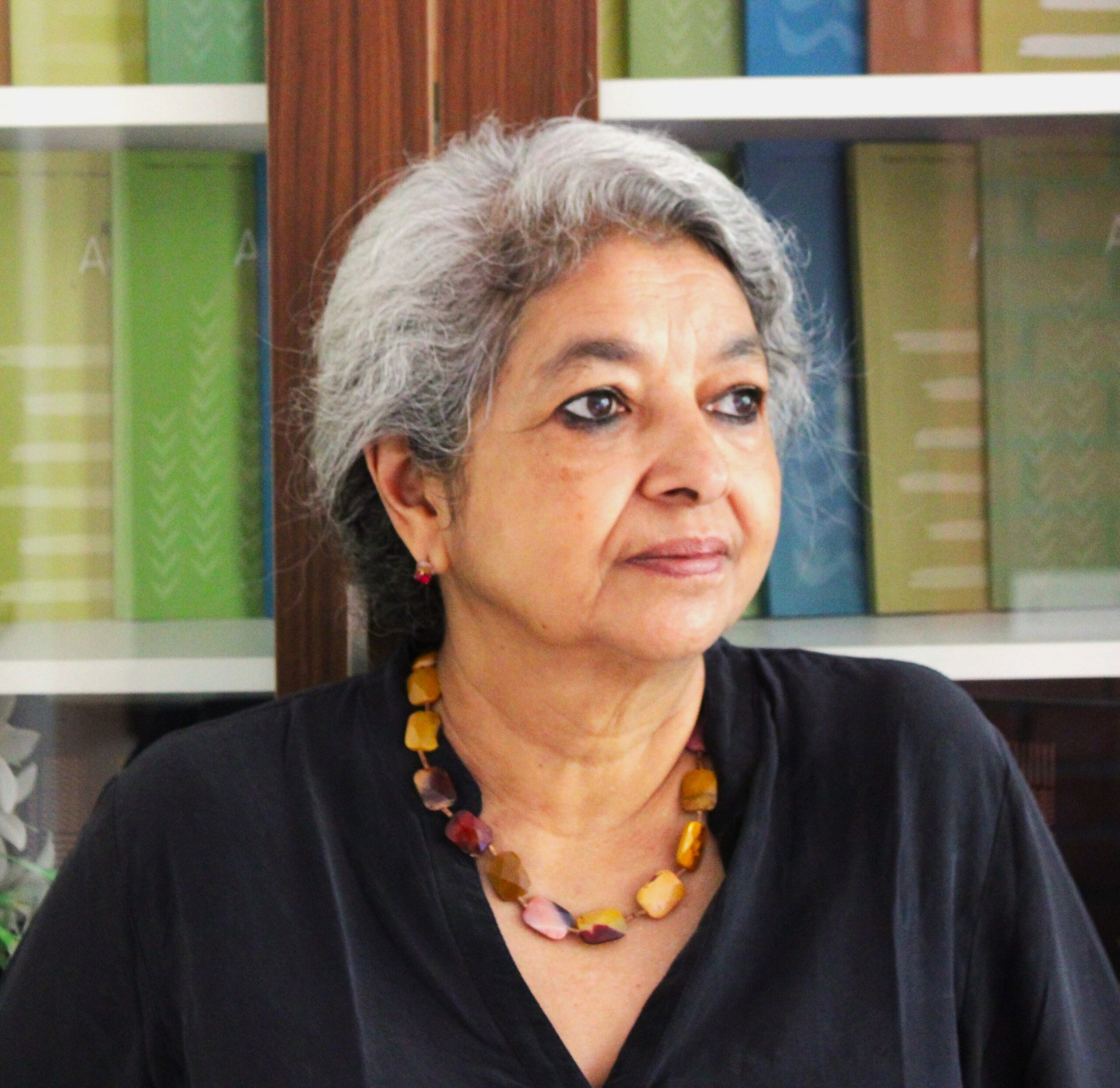





















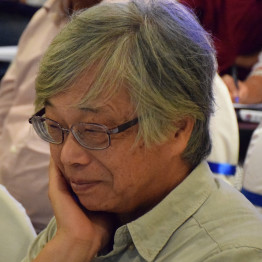
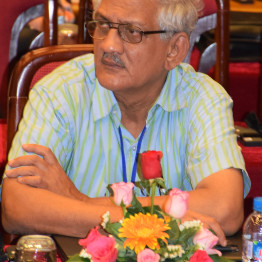
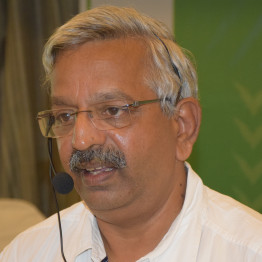

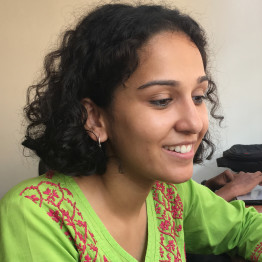





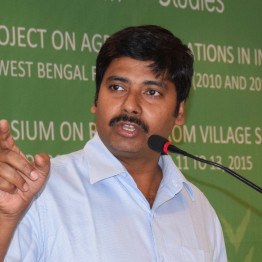

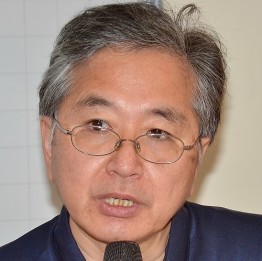

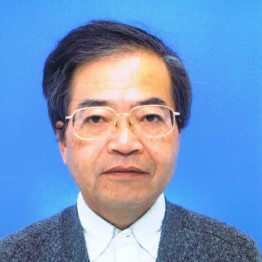





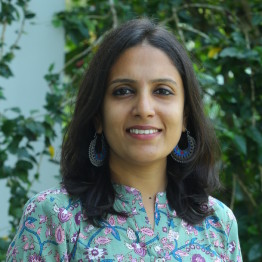
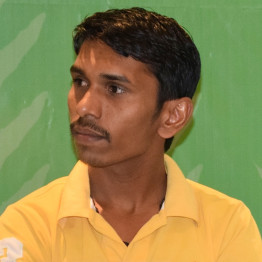
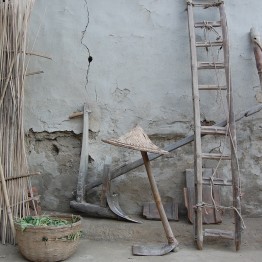

 Sudha is an Administrative Assistant of the Foundation. She assists the administrative division of the Foundation and also has taken part in fieldwork organised by the Foundation.
Sudha is an Administrative Assistant of the Foundation. She assists the administrative division of the Foundation and also has taken part in fieldwork organised by the Foundation.










